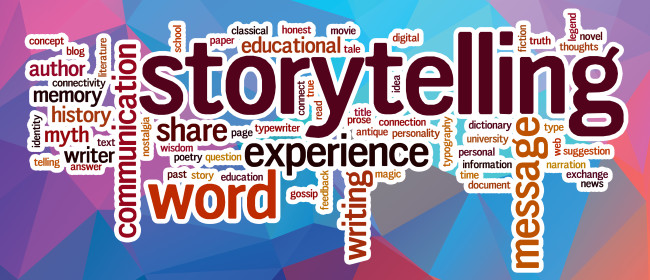FINDING THE NUGGETS OF GOLD in your life experience is one of the most enriching encounter you will ever have with yourself.
Because on the other side of it is the incredible understanding of the meaning and purpose of your journey, and depth of joy in connecting with your clients from a deeper part of you. All of your leadership and moneymaking ability rests in that narrative, because that is how people will connect to you.
The process will lead you – step by step – to fully step into the greatest expression of yourself, to be confident and bold, and to articulate your story in a way that resonates with your ideal clients.
Everyone has had a unique path through life and if you can get clear on how that path evolved and how to share it in a compelling way, you’ll connect quickly with anyone.
“So, what’s your story…?”
If you’ve ever tripped over your tongue trying to answer this question in a few simple words, you know what I mean.
Most entrepreneurs stumble their way through an answer.
Five seconds later, they don’t even remember what they said.
If you don’t recognize the value of your story how can you expect anyone else to?
Make it easy and magical for your clients to get you and what you’re offering, or else they’re off to the next thing.
To become more successful, you don’t have to change your story. You have to KNOW your story.
Your story reveals who you are at your best, so you can attract a wonderful tribe, create better rapport with your clients, show up powerfully, share your compelling messages, grow your business, and become intensely valuable to those who matter most.
Once you know how your story is valuable to yourself and to others, you’re more authentic and confident, more likely to make a positive impression, and to bring forth your natural CHARISMA. It all begins with understanding your story and how to share it with the world.
Dare to tell your story so that you can connect deeply, contribute widely and inspire those you are called to support.



